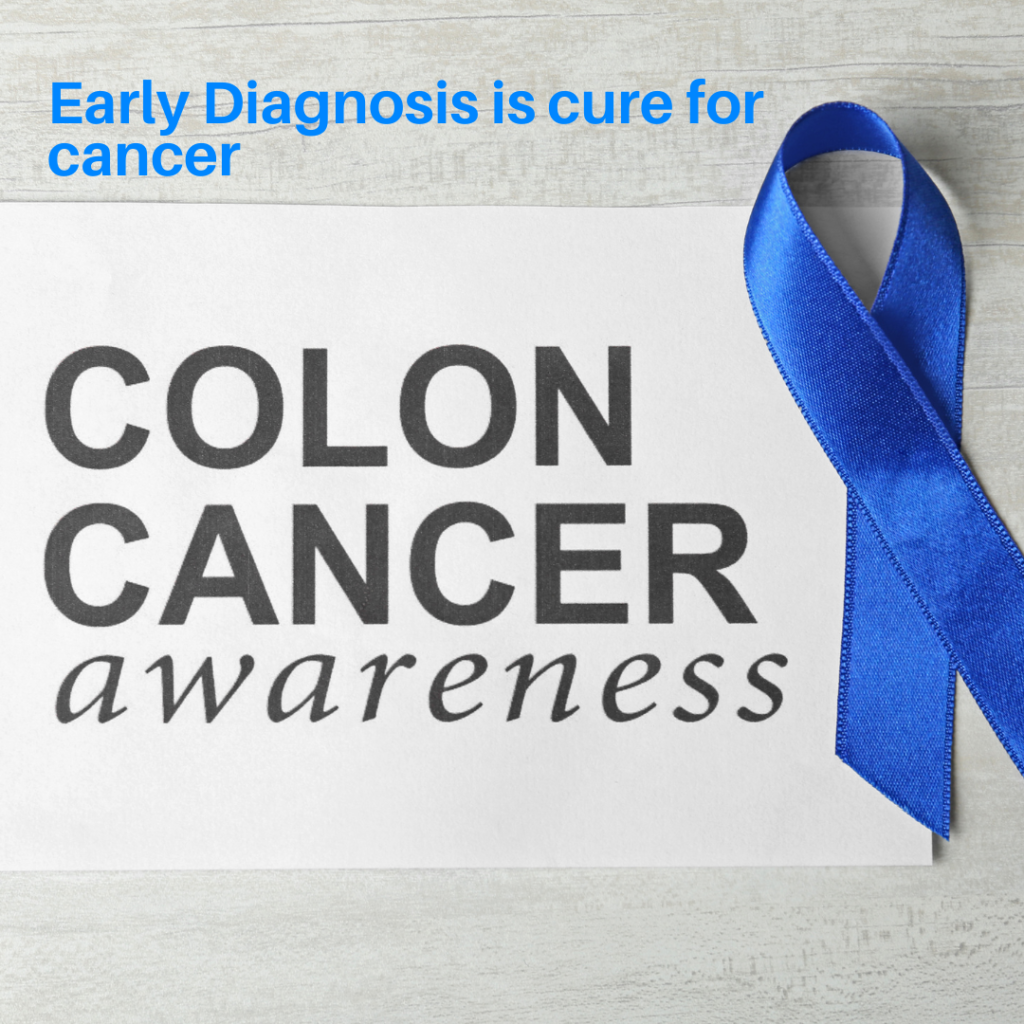Colorectal cancer (CRC) found in the colon or rectum is one of the most common cancers worldwide, and the liver is the most frequent site for the cancer to spread. This spread, called liver metastasis, significantly impacts prognosis and treatment options and affects 50% of patients in the world
Recognizing Symptoms of Colorectal Cancer Liver Metastasis:-
Early liver metastasis often shows no symptoms. As the tumours grow, some of the common symptoms to look for are
- General symptoms: Fatigue, nausea, loss of appetite, unexplained weight loss.
- Right upper abdominal pain: Discomfort in the area where the liver is located.
- Jaundice: Yellowing of the skin and eyes due to bilirubin buildup from impaired liver function.
- Itchy skin: Another sign of problems with bile flow.
- Abdominal swelling: Fluid accumulation in the abdomen is called ascites. This is one of the signs of advanced colorectal cancer
- Swollen ankles: Fluid buildup throughout the body.
These symptoms might resemble other conditions too. Consult a liver transplant surgeon for a detailed diagnosis. Fatigue is a common symptom experienced by many cancer patients, including those with colorectal liver metastasis (colorectal liver mets).

Treatment Options for Colorectal Liver Metastasis:
Treatment options for colorectal liver metastasis include surgical procedures like liver resection, ablation therapies like radiofrequency ablation (RFA), and targeted therapies specific to colorectal cancer.
- Surgery is one of the options to surgically remove a portion of the liver (hepatectomy) or use a liver transplant from a donor.
- Ablation therapies use minimally invasive procedures using heat, cold, or radiofrequency waves to destroy tumours.
- Hepatic artery embolization (HAE) is yet another method of treatment which blocks blood flow to the tumours
- Chemotherapy treatment method uses powerful drugs delivered through the bloodstream to target cancer cells throughout the body.
- Targeted therapy uses drugs that target specific vulnerabilities in cancer cells, often with fewer side effects than chemotherapy.
- Radiation therapy administers high-energy X-rays to shrink tumours, though less common for liver metastases due to surrounding healthy tissue.
Working with your doctor to create a personalised treatment plan to get the desired clinical outcome. While a diagnosis of metastatic colorectal cancer can be daunting, advancements in treatments like hepatic chemoembolization (TACE) offer hope for improved outcomes and extended lifespans for patients.
Resources:
[1] The American Cancer Society (https://www.cancer.org/)
[2] The National Cancer Institute (https://www.cancer.gov/)
[3] The Colon Cancer Alliance (https://colorectalcancer.org/)
[4] LiveSTRONG (https://www.livestrong.org/)

